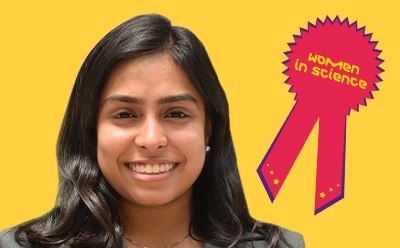Shriya Grover: My Next Great Impossible

Shriya Grover is a PhD student at the Indian Institute of Technology in Delhi, India. She talked to us about developments in the use of electroactive bacteria which could help to generate power for the future.
Electroactive bacteria can generate electricity, treat wastewater, and produce chemicals. My Next Great Impossible delves into electro-microbiology and focuses on improving the ability of electroactive bacteria to generate energy. With this research, I hope to take us one step closer to sustainable energy solutions, designing effective wastewater treatment systems, and even long-term space travel!
“…we can harness their ability to power space missions…”
By improving the electron transmission between electroactive bacteria and electrodes, my Next Great Impossible hopes to utilize these microbes as a potential alternative power source for the future. Furthermore, if they work the same way in space, we can even harness their ability to power space missions!
“…when things don’t go my way, I have people to lean on, and when I have good news, they’re always there to celebrate with.”
Often in research, there are times when our hypotheses and plans don’t turn out as we had hoped. It can be disappointing when trials fail for no apparent reason. In times like these, I go back to the reasons I began; the curiosity that initially drove me in this direction in the first place. Sometimes I’ll take time out to unwind and ask for help from my peers and mentors. Whenever I’m in a tough spot, I ask my mentors and family for advice. They play a significant role in my life. When things don’t go my way, I have people to lean on, and when I have good news, they’re always there to celebrate with. It’s what makes my Next Great Impossible more fun.
FAQ
Q: What kind of mindset do you need to achieve your Next Great Impossible?
A: A growth mindset, critical thinking, and problem-solving skills.
To continue reading please sign in or create an account.
Don't Have An Account?